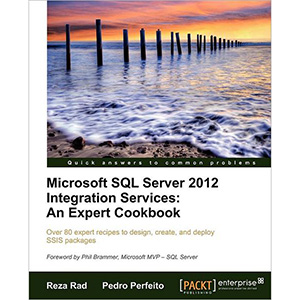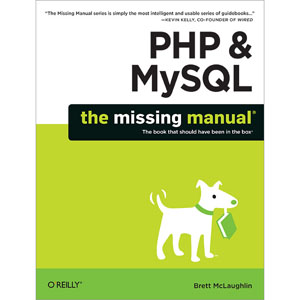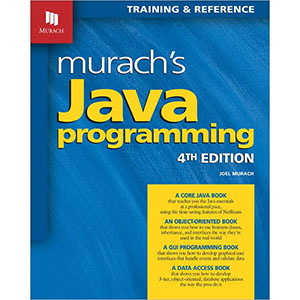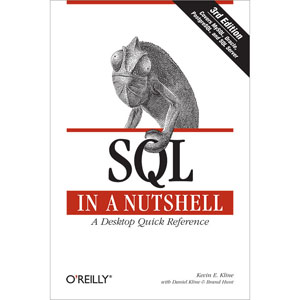Encyclopedia of Database Systems

Data have become a highly valued asset for governments, industries and individuals, and the management of these data collections remains a critical technical challenge.. The challenges of managing terabytes and exabytes of data and expanding data management to include other data modalities while maintaining the fundamental tenets of database management (data independence, data integrity, data consistency, etc) are important issues for any organization today. Published as five volumes with over 4000 pages, the Encyclopedia of Database Systems provides easy access to important concepts relevant information on all aspects of very large databases, data management, and database systems, including areas of current interest and research results of historical significance.. This comprehensive reference contains 1,300 illustrated entries, organized alphabetically. Each entry presents basic terminology, concepts, methods and algorithms, key results to date, references to the literature, and cross-references to other entries. Topics for the Encyclopedia — including areas of current interest as well as research results of historical significance — were selected by a distinguished international advisory board and written by world class experts in the field. Encyclopedia of Database Systems is designed to meet the needs of researchers, professors, graduate and undergraduate students in computer science and engineering. Industry professionals such as database specialists and software developers will also benefit from this reference work.
Table of Contents
- Storage structures.
- Advanced storage systems.
- Data models.- Database design.
- Query processing and optimization.
- Transaction management.
- Workflow management.
- Database security.
- Active databases.
- Data integration systems.
- Data warehouse.
- Data mining.
- Logics and databases.
- Distributed and parallel database systems.
- Web data management.
- Structured and semi-structured document databases.
- Peer-to-Peer data management.
- Mobile and ubiquitous data management.
- Sensor networks and steam data management.
- Spatial and multidimensional databases.
- Temporal databases.
- Bioinformatics and health informatics databases.
- Scientific databases and applications.
- Multimedia databases.
- Geographical Information Systems.
Book Details
- Hardcover: 3822 pages
- Publisher: Springer (September 2009)
- Language: English
- ISBN-10: 0387496165
- ISBN-13: 978-0387496160














